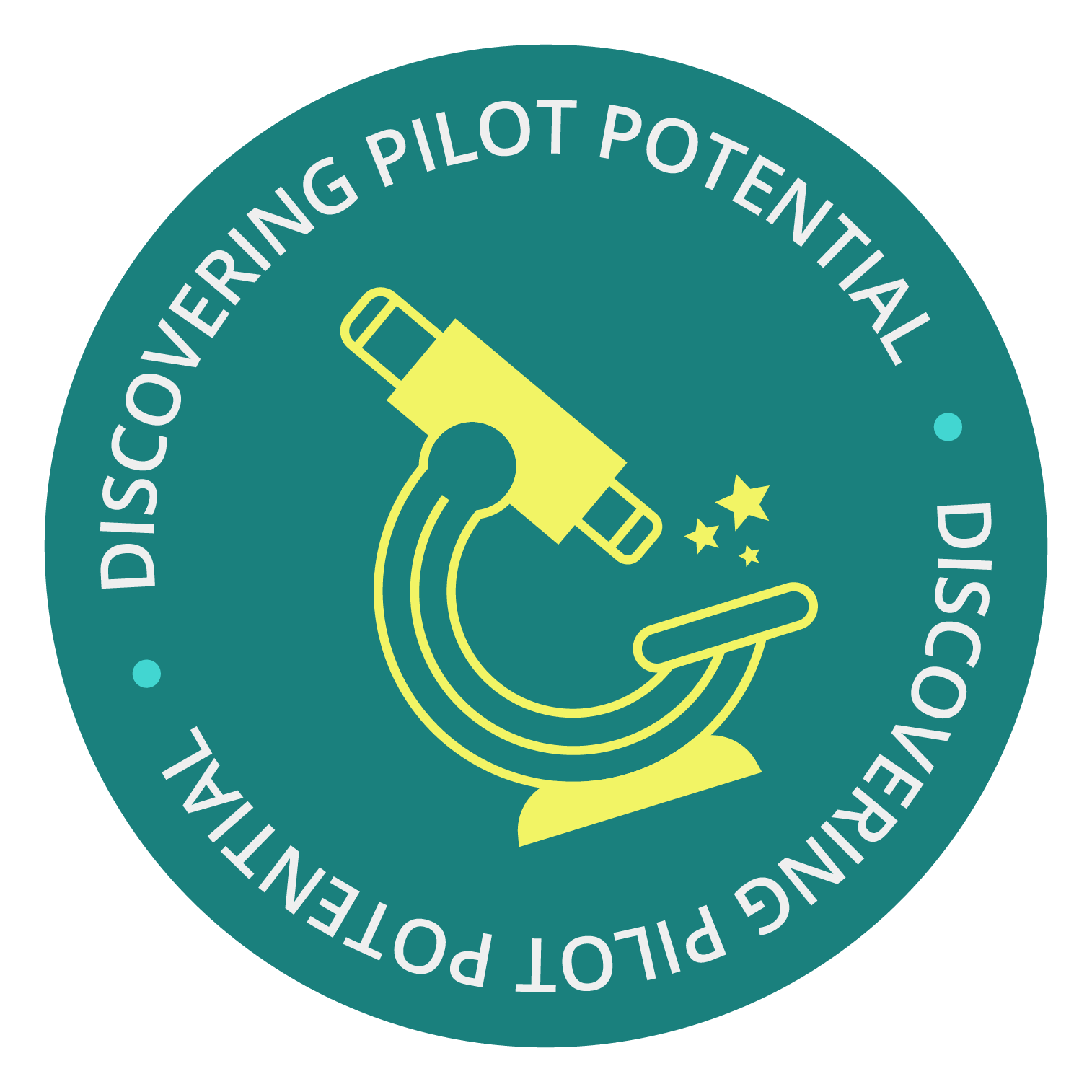AI-enhanced gender-based violence reporting and response

THE QUESTION
Can an AI-powered chatbot provide immediate support to victims of gender-based violence?

LOCATION: Malawi
SECTOR: Human Rights and Democracy
TECH: AI, Digital Tools and Services
TIMELINE: September 2024 - Present
PIONEER: Singalilwe Chilemba
PARTNERS: TBC
The Challenge
Gender-based violence (GBV) is a profound issue in Malawi. A 2020 UNICEF survey revealed that 42% of women in Malawi have experienced physical violence from a partner—far above the global average of 27%. Malawi also ranks high in incidents of Intimate Partner Violence (IPV) and harmful practices such as sexual initiation rituals and child marriage.
Formal structures exist, like Victim Support Units, Community Victim Support Units, and One Stop Centres. But between 2015 and 2017, only 40% of women who experienced violence sought support. Survivors need an easy-to-use, quick, timely and discreet way to access immediate help, free of complexity or stigma, before being connected to existing support services.
The Idea
This pilot proposes developing a mobile application featuring an AI-powered chatbot to provide immediate support to victims of GBV. Key features include:
24/7 chatbot support: A user-friendly chatbot trained on a Large Language Model (LLM), offers emotional support, advice, and guidance tailored to the local context.
Simplified reporting: Victims can report incidents directly through the app and get connected to local responders and specialist support units.
Offline features: For users without internet access, the app will include an Unstructured Supplementary Service Data (USSD) option to ensure broad reach.
Anonymous data collection: Insights gathered through the platform will inform evidence-based policy interventions to better address GBV.
This solution aims to make the reporting process quicker, safer, and more efficient while providing immediate assistance to survivors. Addressing barriers to accessing support has the potential to improve outcomes for victims and reduce GBV across Malawi.
Our learnings and stories so far
This pilot hasn’t started to publish yet, but there are plenty of other blogs to read below. Check back soon!
Storing renewable energy for longer, without mined metals. One of our nine Underhyped Frontier Technologies for Development.
Our AI Legal Assistant pilot aims to incorporate AI as a tool to enhance the Malawian judicial process, reducing case backlog. Read on for the pilot team’s findings from the discovery phase.
Read the findings from the final sprint of the MyDemokrasi pilot, and how the team plans to take the platform forward to advance digital political engagement in Malaysia.
In this edition of our Launchpad series, Grace outlines our adaptive learning approach to evidence generation, and why it is a core part of the FT Hub’s learning methodology.
Detecting risks using durable, reusable sensors where traditional biosensors fail. One of our nine Underhyped Frontier Technologies for Development.
Powering off-grid communities with sustainable biogas and electricity. One of our nine Underhyped Frontier Technologies for Development.
Capturing and reusing heat for cleaner energy and resilient power. One of our nine Underhyped Frontier Technologies for Development.
Self-powered devices that capture energy from their surroundings. One of our nine Underhyped Frontier Technologies for Development.
Scalable, real-time monitoring for conservation and climate resilience. One of our nine Underhyped Frontier Technologies for Development.
Monitoring, predicting, and optimising water cycles supply and quality. One of our nine Underhyped Frontier Technologies for Development.
Cultivating algae at scale in an enclosed system for clean energy and carbon capture. One of our nine Underhyped Frontier Technologies for Development.
The climate data divide is a major barrier to adaptation in the Global South. We're exploring how climate intelligence could turn adaptation from a cost into an investment opportunity.
In session five of our Launchpad series: Ready to Launch, Frontier Tech Stories Lead Lil digs into the relationship between stories and narratives, and how to understand their connection with each pilot project.
Explore related pilots
Curious about how frontier technologies are supporting human rights? Click below to explore our other pilots in this sector. 👇🏽
Can an AI legal tool tailored to Malawi’s local context help reduce case backlogs and improve access to justice?
Can an AI-powered chatbot provide immediate support to victims of gender-based violence?
Can a combination of sensors, imagery, and machine learning help locate clandestine graves in Mexico?
Can we use AI to tackle conflict-related misinformation on social media in Arabic?
Can AI and machine learning generate a heat map of places where Freedom or Religion of Belief is under threat?
Can virtual and augmented reality support survivors of conflict-related sexual violence (CRSV) and contribute to more effective CRSV court cases?
Can geological data technologies enable donors to track their financial and peace returns in conflict-ridden areas?
Can a digital campaign platform promote credibility in politics and support a fair election process?
Can blockchain technology formalise mineral sourcing in the artisanal mining sector and reduce the likelihood of conflict minerals entering supply chains?
The Frontier Tech Hub works with UK Foreign, Commonwealth and Development Office (FCDO) staff and global partners to understand the potential for innovative tech in the development context, and then test and scale their ideas.
























Restoring land and water health with nature-based techniques. One of our nine Underhyped Frontier Technologies for Development.